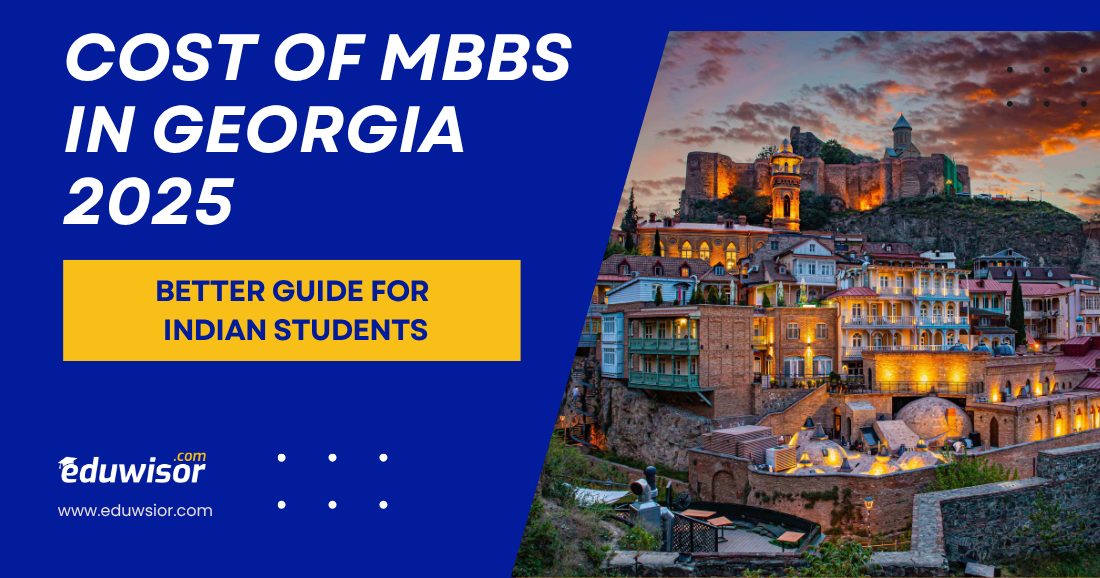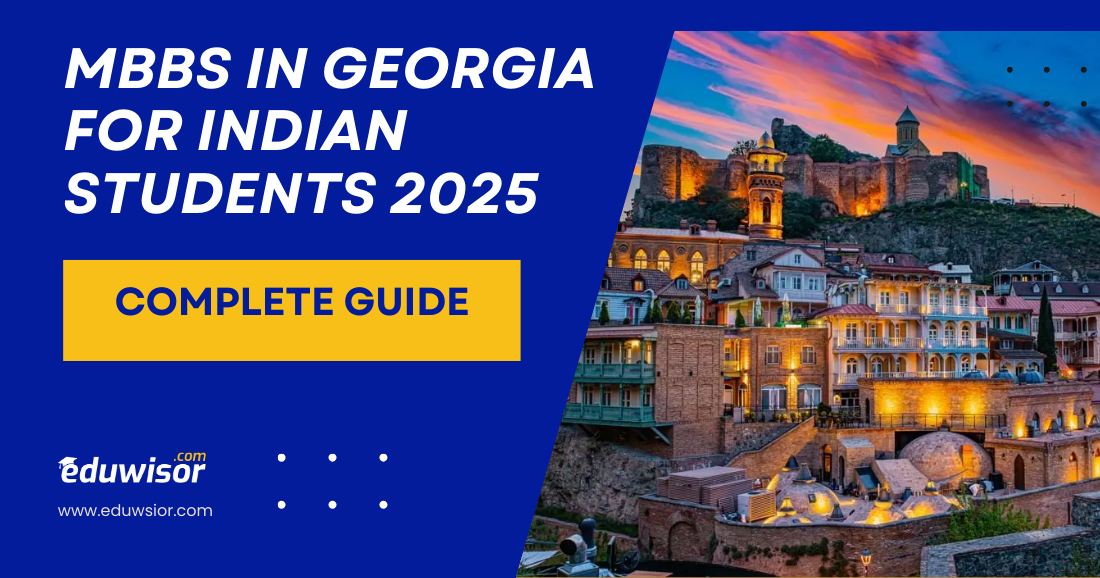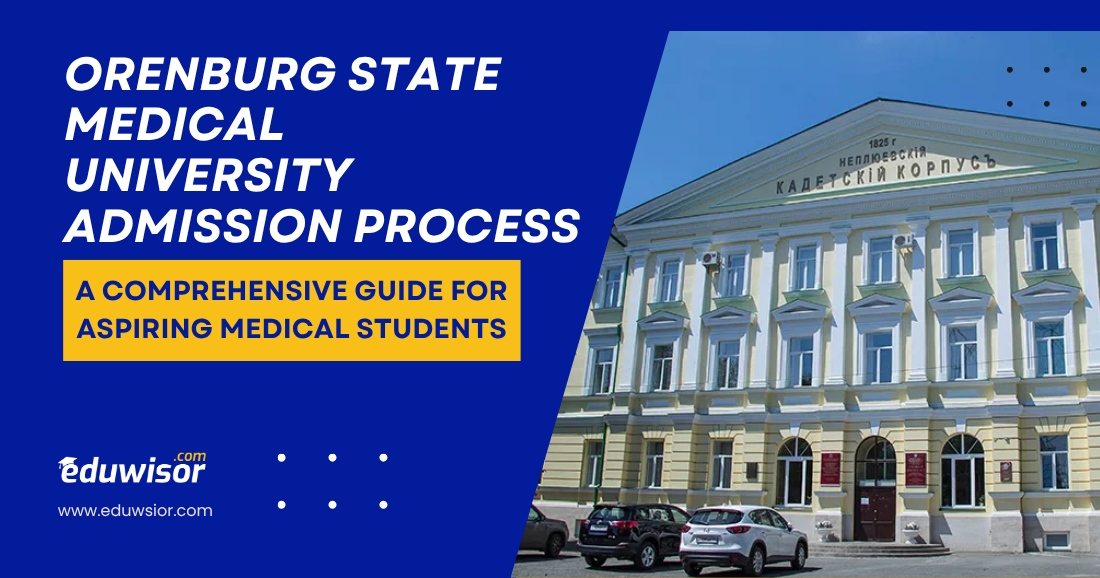Studying MBBS abroad is a life-changing experience, especially for Indian students at the Central University of Europe. While academics are a priority, staying connected to cultural roots is equally important. Indian festivals like Eid, Diwali, Holi, Navratri, and Pongal bring a sense of home to foreign lands.
In this blog, we explore how Indian MBBS students in Europe celebrate their vibrant traditions, the challenges they face, and the unique ways they keep their heritage alive.
Why Celebrating Indian Festivals Matters for MBBS Students Abroad
Moving to a new country for medical studies can be overwhelming. The Central University of Europe hosts a diverse student community, but Indian festivals provide a comforting familiarity.
1. Emotional Well-being & Homesickness Relief
Festivals like Diwali and Holi evoke nostalgia. Celebrating them helps students combat loneliness and stay emotionally balanced.
2. Cultural Exchange & Global Friendships
When Indian students organize festive events, international peers join in, fostering cross-cultural bonds. A Holi celebration in Europe becomes a colorful bridge between cultures.
3. Preserving Traditions in a Foreign Land
From Garba nights during Navratri to lighting diyas on Diwali, students recreate traditions, ensuring their culture thrives overseas.
How MBBS Students at Central University of Europe Celebrate Key Indian Festivals
1. Diwali: The Festival of Lights in Europe
- Decorating Dorms & Hostels – Students adorn spaces with diyas, rangoli, and fairy lights.
- Sweets & Cultural Performances – Sharing mithai and organizing Bollywood dances make the day special.
- Virtual Celebrations with Family – Video calls with loved ones back home keep the festive spirit alive.
2. Holi: A Splash of Colors Abroad
- Safe, Eco-Friendly Colors – Students use organic colors to play Holi responsibly.
- Music & Dance Gatherings – Bollywood beats and dhol rhythms turn the campus lively.
- Sharing the Festival’s Significance – Explaining Holi’s cultural roots to global peers enhances mutual respect.
3. Navratri & Garba Nights
- Organizing Dandiya Events – Students collaborate to host Garba nights, sometimes even inviting locals.
- Traditional Attire & Music – Wearing chaniya cholis and kurtas, they dance to Gujarati folk songs.
4. Pongal & Makar Sankranti: Harvest Festivals Overseas
- Cooking Traditional Dishes – Students prepare Pongal and til ladoo in shared kitchens.
- Kite-Flying Events – Some organize small kite-flying sessions, adapting the festival to European weather.
5. Eid & Christmas: Inclusive Celebrations
Indian students also join in Eid feasts and Christmas markets, showcasing the country’s multicultural spirit.
Challenges & Solutions in Celebrating Festivals Abroad
1. Limited Availability of Traditional Items
- Solution: Online Indian stores in Europe or care packages from home help.
2. Academic Schedules Clashing with Festivals
- Solution: Pre- or post-festival celebrations ensure no one misses out.
3. Space & Permission for Events
- Solution: Coordinating with university authorities ensures smooth event planning.
How the Central University of Europe Supports Cultural Diversity
The university encourages multiculturalism by:
✔ Providing spaces for cultural events.
✔ Allowing student-led festival committees.
✔ Promoting inclusivity through international food fairs.
Final Thoughts: Keeping the Indian Spirit Alive in Europe
For MBBS students at Central University of Europe, festivals are more than just celebrations—they’re a connection to home. By blending tradition with innovation, they create unforgettable experiences.
Eduwisor always guides students toward the right path with an unbiased approach. You can follow us on Youtube, Facebook, Instagram, Twitter, and Linkedin. Stay tuned for regular updates.
Interested in applying? Contact authorized Eduwisor consultant for a smooth admission process!
Act NOW—limited seats for 2025 intake! Call/WhatsApp: 9326395883/ 9076036383







